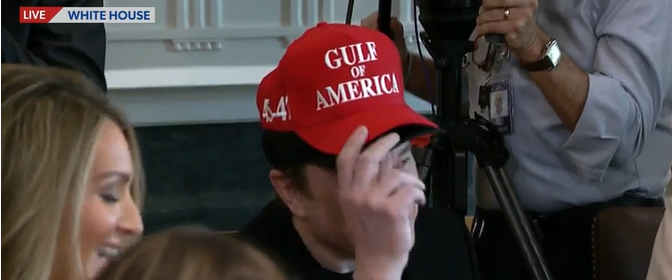Former President Donald Trump is set to sue the Justice Department for $100 million in damages over the government’s unprecedented 2022 raid on his Mar-a-Lago property in Palm Beach, Florida, with lawyers arguing it was done with “clear intent to engage in political persecution.”
Fox News has obtained Trump’s memo claiming “tortious conduct by the United States against President Trump.”
Trump and his legal team intend to sue the Justice Department for its conduct during the FBI’s raid on Mar-a-Lago on Aug. 8, 2022, amid the federal investigation into his alleged improper retention of classified records.
After the raid, Special Counsel Jack Smith was appointed to investigate. Smith ultimately brought 37 felony counts against Trump, including willful retention of national defense information, conspiracy to obstruct justice, and false statements. Trump pleaded not guilty to all counts.
But U.S. District Judge Aileen Cannon, last month, dismissed Smith’s case against Trump altogether. Cannon ruled that Smith was unlawfully appointed and funded, citing the Appointments Clause in the Constitution.
Trump attorney Daniel Epstein filed the notice to sue the Justice Department. The Justice Department has 180 days from the date of receipt to respond to Epstein’s notice and come to a resolution. If no resolution is made, Trump’s case will move to federal court in the Southern District of Florida.
“What President Trump is doing here is not just standing up for himself – he is standing up for all Americans who believe in the rule of law and believe that you should hold the government accountable when it wrongs you,” Trump attorney Daniel Epstein told Fox Business’ Lydia Hu.
Epstein argues the decisions made by Attorney General Merrick Garland and FBI Director Christopher Wray were not grounded in “social, economic, and political policy” but instead, in “clear dereliction of constitutional principles, inconsistent standards as applied to” Trump and a “clear intent to engage in political persecution – not to advance good law enforcement practices.”



